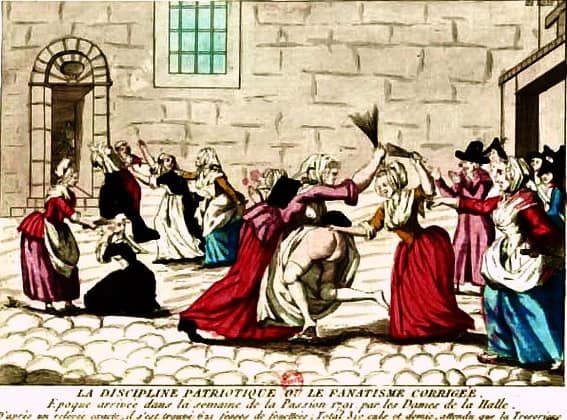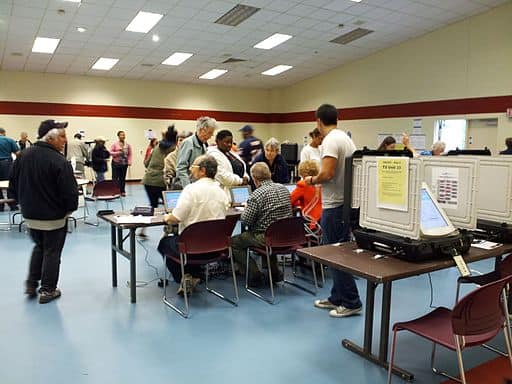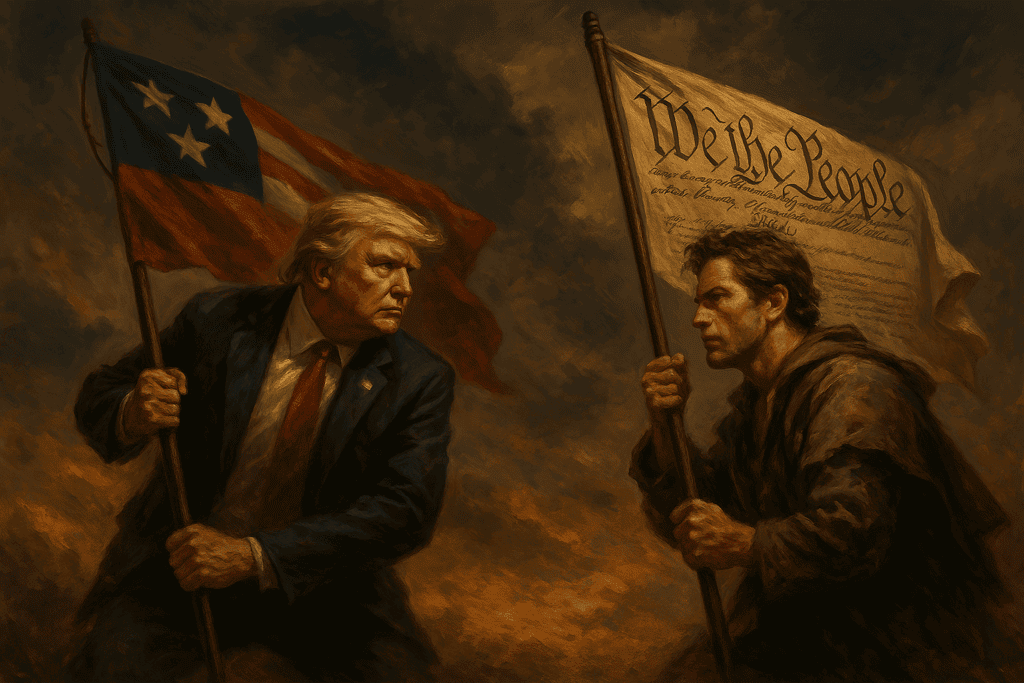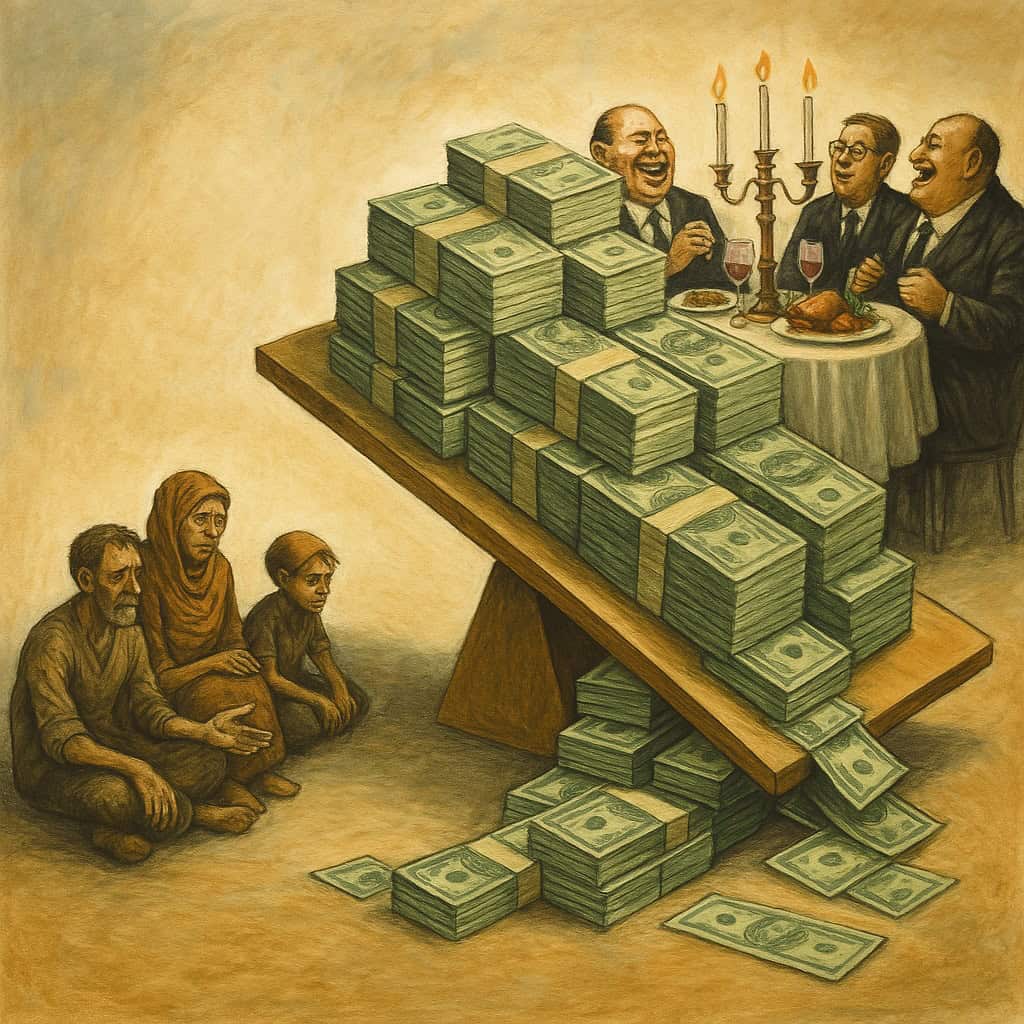Voting Decisions in a Democratic Republic
The United States is a democratic republic—democratic meaning rule of the majority and republic implying a union of states. The Constitution does not provide that the union of democratic states be a democracy in toto. The individual states have majority rule, but the United States are ruled by state victors, not US victors, except for the President who is elected by the Electoral College, not the people.
Of the two elected branches of federal government, here’s how undemocratic they are:
- Executive. In two of the past five elections, the elected presidents received fewer votes than their opponent. That’s the Electoral College effect.
- Congress.
- Senate. 16% of the population sends half of the senators to Washington. The twenty-five smallest population states send two senators each. Their population totals to 53 million. The country has 328 million citizens.
- House of Representatives. It gives a better indication of overall United States voting sentiment, but it’s distorted by gerrymandering. For example, in Pennsylvania’s 2012 representative elections, more Democratic votes were cast than Republicans, but thirteen Republicans were seated and only five Democrats.
Our republic of democracies is not a union that is democratically represented. We are a union of fifty democratic states that are federally ruled by a non-democratic Congress and, 40% of the time this century, by a non-democratically elected President.
Democracy or Mobocracy
A different but long-term concern about democracy is that mass participation of the entire population will lead to mob rule rather than rule that meet the desires of the majority.
[one_half padding=”0 5px 0 5px”]

[/one_half][one_half_last padding=”0 5px 0 5px”]

[/one_half_last]
How can mob rule differ from a democratic majority rule? Mainly, in mob rule the populace overrides Constitutional rights that safeguard minority rights.
For instance, intimidation when minorities attempt to exercise their rights, like voting. Another instance occurs when minorities protest their unarmed fellow citizens being killed in police interactions. Often both police officers and an opposing mob physically confront and limit the minorities’ right to assembly and free speech.
We need a democracy for our republic, for our union of these United States, retaining Constitutional rights for minorities.
Diversity of Opinion
Can everyone be sensible, yet still disagree? Yes, of course that is true. We each have different goals that require different paths. In political terms, we want different laws, regulations, and governmental actions that will benefit us and the groups we belong to.
Although people can sensibly disagree, that doesn’t imply that all disagreement is sensible. Sensible positions imply that they rest on facts, not just other deeper stereotypes or prejudices.
Statistical Truths
In addition, sensible people need to accept that many facts are statistical, not true everywhere and all the time. These facts are not unequivocally right or wrong, true or false.
Statistical truths are often used cavalierly in conversation. “Asians are good students.” The statement may be true for a majority, but not for all. The statement’s truth depends on ignored or unknown factors, like freedom from disease, supportive family, freedom from drug and alcohol abuse, and many others.
Combining two statistical facts and treating them like blanket truths, leads to false conclusions and bad policies.
Case in point: illegal immigration. There are millions of undocumented aliens in the United States. You and I might hold a stereotype that rises to consciousness in a discussion about their political fate. As Daniel Kahneman warned us in Thinking Fast and Slow, we act as if “what we see is all there is.” Our tendency is to use what we know to form our ideas and look no further.
The beliefs, knowledge, and stereotypes we hold become our sole guides to understanding what the result of a policy decision about illegal aliens or undocumented immigrants will be. You may feel the difference in stereotypes when you read “illegal aliens or undocumented immigrants.” And in any case, you probably didn’t consider any other factors that affect people in that category.
This natural tendency should not make you reject your beliefs, knowledge, or stereotypes. However, it should put you on guard that you rely on thoughts, facts, and opinions that can benefit from making sharper your knowledge base. Continuing with the illegal alien stereotype, aspects that could affect your consideration of political actions with illegal aliens:
- Illegal immigrants numbered ten million in 2019. That’s 3% of US population.
- Two-thirds of illegal immigrants have lived in the US for more than 10 years.
- Seventy-six percent hold jobs in the United States.
- Illegal immigrant conviction rates are about half those of native-born Americans, according to the Cato Institute.
- Roughly half are from Mexico.
- There are 60 million Hispanics in the country. That’s 18% of US population.
Increasing your knowledge can allow you to arrange your concerns about political actions. Consider two tradeoffs of uncertain likelihood.
- The relative danger of hospitalization due to COVID-19 is low but not zero, while being physically attacked by an illegal alien is near zero but not zero.
- I can understand that some people may find the danger of climate change swamping us in this lifetime is low, yet the chance of bankruptcy due to health care costs is considerably higher. So they vote on that basis.
Voting Decisions
All of us have our particular concerns, dreams, and fears. Let’s examine how our beliefs play into our voting decisions, and learn the important factors in our knowledge, beliefs and stereotypes. Then we can be sure concerning issues are addressed according to our best understanding.
Related Posts
Elections and Campaigns
Mass Media Role
Representation Must Match Votes
Only People
Image Citations
Women Rioting in French Reign of Terror. Unknown artist. Public domain in wikicommons
Orderly Voting. Ben Schumin, CC BY-SA 3.0 https://creativecommons.org/licenses/by-sa/3.0, via Wikimedia Commons


